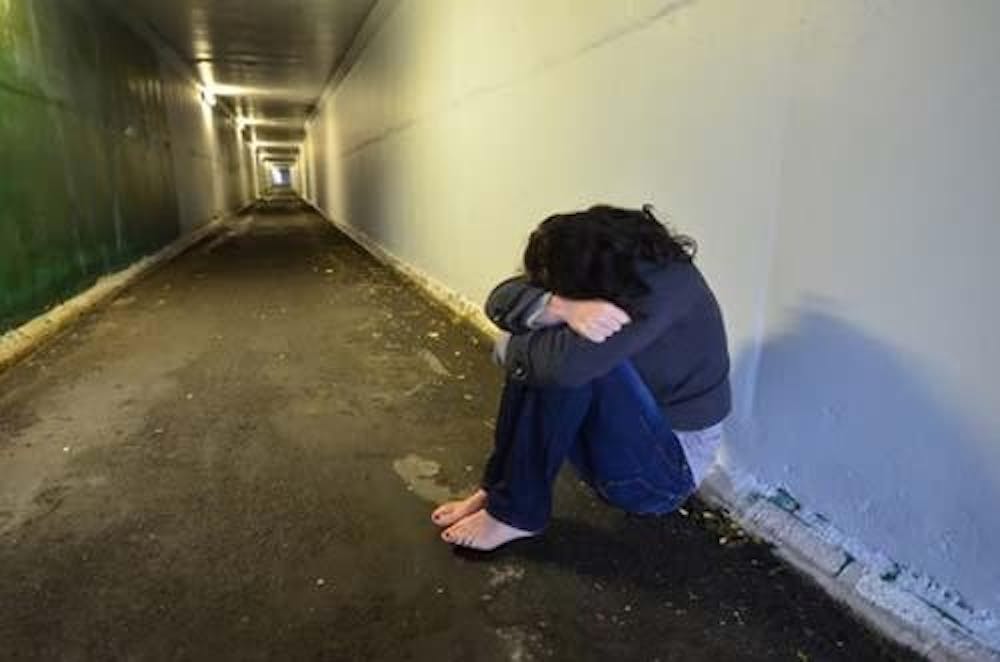The Green Dot program hopes to stop sexual assault in the UP community by teaching activism
(Stock image from footolia.com)
By Harry Blakeman, Staff Writer blakeman15@up.edu
What the "friends don't let friends drive drunk" campaign did to reduce drunk driving, UP hopes to do with the Green Dot program to prevent sexual assault.
The Green Dot program teaches male and female students to recognize signs of potential sexual assault, and shows they ways to intervene as a bystander if they suspect it might happen to someone around them. Green Dot will have a launch event at 8 p.m. Wednesday, Jan. 30 in The Cove.
Whether we know them or not, 9.4 percent of women at UP have been raped, according to a survey done by sociology professor Martin Monto, who, with Health Center counselor Kristina Houck, co-wrote the grant that funds the Green Dot program.
They looked at the issue and decided any power-based personal violence like stalking, dating violence and sexual assault was unacceptable.
"We were concerned about this issue and asked ourselves: 'How can we make the numbers be lower at UP?,'" Houck said.
She hopes the program will teach students to take action and fit well with the University's culture.
"UP is fundamentally a community of caring individuals, and all of us get to play a role and learn to become active bystanders," Houck said.
Junior Andrea Merrill is being taught how to convey the message of Green Dot to students. She thinks students will respond to the idea, and will be more aware at parties to make sure everything is safe. She also thinks the role students play is significant.
"When students find out that it's student-led, not from the administration, I think they'll be super excited," Merrill said.
Monto thinks students see sexual behavior as a personal issue, but need to step up if someone is drunk or otherwise unable to give consent.
"Most students are tired of of this, and want to reduce it as an issue - we needed to come up with a better strategy," said Monto, "violence undercuts the educational community we are aiming to create."
Monto noted that men can play an important part in the Green Dot program.
"Men have been told that 'no means no' and that there are real consequences to sexual assault, but this program allows them to play a role in the solution," said Monto.
Gerald Gregg, the director of Public Safety, is pleased Green Dot is proactive and not reactive, but said that even one sexual assault was one too many. He hopes educating students on how to defuse potentially violent situations will have a strong and positive effect.
Natalie Shank, student conduct coordinator, has high hopes for the Green Dot program. She said sexual assault is the most underreported crime in colleges and universities, and so it's hard to know the exactly how many incidents occur annually.
"I see a lot of people, and no one comes through the [sexual assault] process unscathed - if we can teach our students ways to prevent violence, how fantastic is is that?" said Shank.








